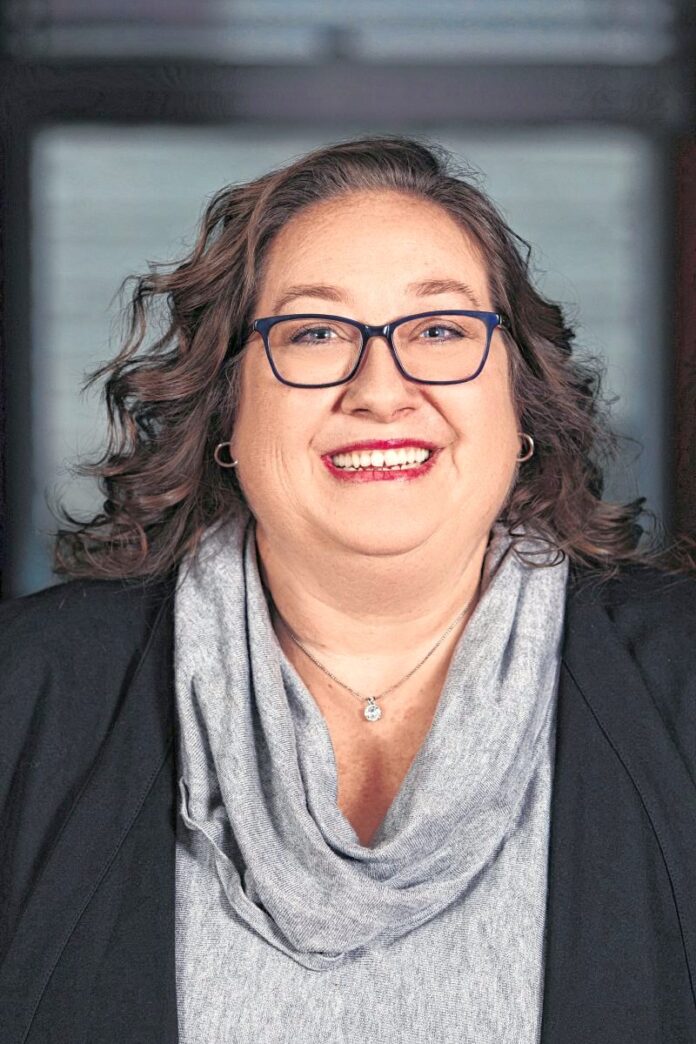Four candidates are seeking the Republican nomination for Hancock County Superior Court 1 in the June 2 primary. The candidates are Marie Castetter, Cody Coombs, D.J. Davis and Jessica Lacy. Here, in their own words, are the candidates’ responses to a series of questions posed by the Daily Reporter about their qualifications and the experiences that have shaped their careers.
What do you perceive as the greatest obstacles to justice, if any?
The biggest obstacle to justice is access to our courts, and the second-largest being understanding of the judicial system. Many people cannot afford an attorney but do not qualify for the limited amount of pro bono services available, which limits their ability to access justice. Left with no other options, many people are left unrepresented but are held to the same standard as attorneys when participating in our justice system. Not understanding our judicial system, the trial rules, procedure and the rules of evidence is a huge hurdle to getting a truly just result.
Do you believe that all citizens have adequate access to legal help and the legal system? If not, what can be done to provide wider ad better access?
A large portion of our population does not have adequate legal help or access to the legal system. To provide wider and better access, our courts can provide resources to legal aid and pro bono services, access to forms with easy-to-understand directions and language. In addition, as a county we can provide more opportunities for access to legal advice through “Ask a Lawyer” programs and encouraging our local bar to provide low-cost and no-cost services. Last, we can encourage and promote programs like Mediation Day, which offers free access to alternative dispute resolution.
As a prospective judge, what do you consider your greatest strengths? Weaknesses?
My greatest strengths are treating everyone with respect, and having an even temperament and calm disposition. With an English and secondary education degree, I have strong writing skills and can write easy-to-understand and easy-to-follow orders, and I am able to explain what to expect out of the judicial process in an understandable way. My greatest strength is my passion to help people.
My greatest weakness is being overly invested and passionate about my work. I take it home with me, and I know that making the tough decisions will weigh heavily on me.
What has been your greatest accomplishment in your legal career? In your personal life?
I have been selected to SuperLawyers; received multiple Top 10 Attorney awards; won appeals that have shaped the law in Indiana; and worked on legislation that became law. But my greatest accomplishment is all of the clients that I have been able to help.
There are two accomplishments in my personal life that are equally great for me: my marriage and my daughter. I am lucky to have a strong marriage with a man who invests as much in our relationship as I do, and after 15 years of marriage and lots of prayer, we were blessed with an amazing little girl.
Describe the most difficult case in your legal career.
My most difficult case was an estate litigation case in which the decedents were the victims of a double-homicide and suicide by their only child in common. The coroner was unable to determine who had died first, the bulk of the assets were owned by the husband, and there was a house owned by them jointly. This case involved estate administration issues, an eviction (wife’s adult child moved into the jointly owned house and refused to leave), co-mingling of estate assets, real estate issues, collections, tax issues, theft from the estates, criminal issues, multiple executors, and multiple accountings.
What is your vision for the future of our judicial system: What changes would you advocate and why?
A judiciary that works for our community through specialty courts and programs. For instance, I envision working with community resources to connect defendants and litigants to the services they need through a mental health or behavioral court. It benefits our community to deal with mental health issues directly. I would also advocate for more alternative dispute resolution so litigants have multiple avenues for resolving their legal issues. Eventually, I would like to see a family law division that can address family law issues outside of the conflict-driven advocacy system we have now.
[sc:pullout-title pullout-title=”Jessica Lacy” ][sc:pullout-text-begin]
Age: 44
Party: Republican
Office sought: Judge, Hancock Superior Court 1
Political experience: No previous political experience; first time seeking office
Family: Husband, Scott Lacy; one daughter
[sc:pullout-text-end]





